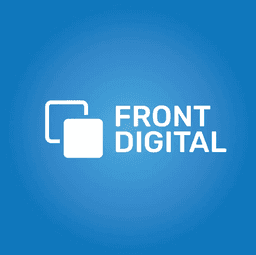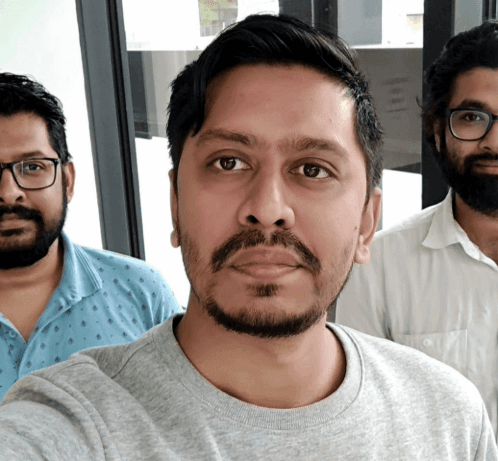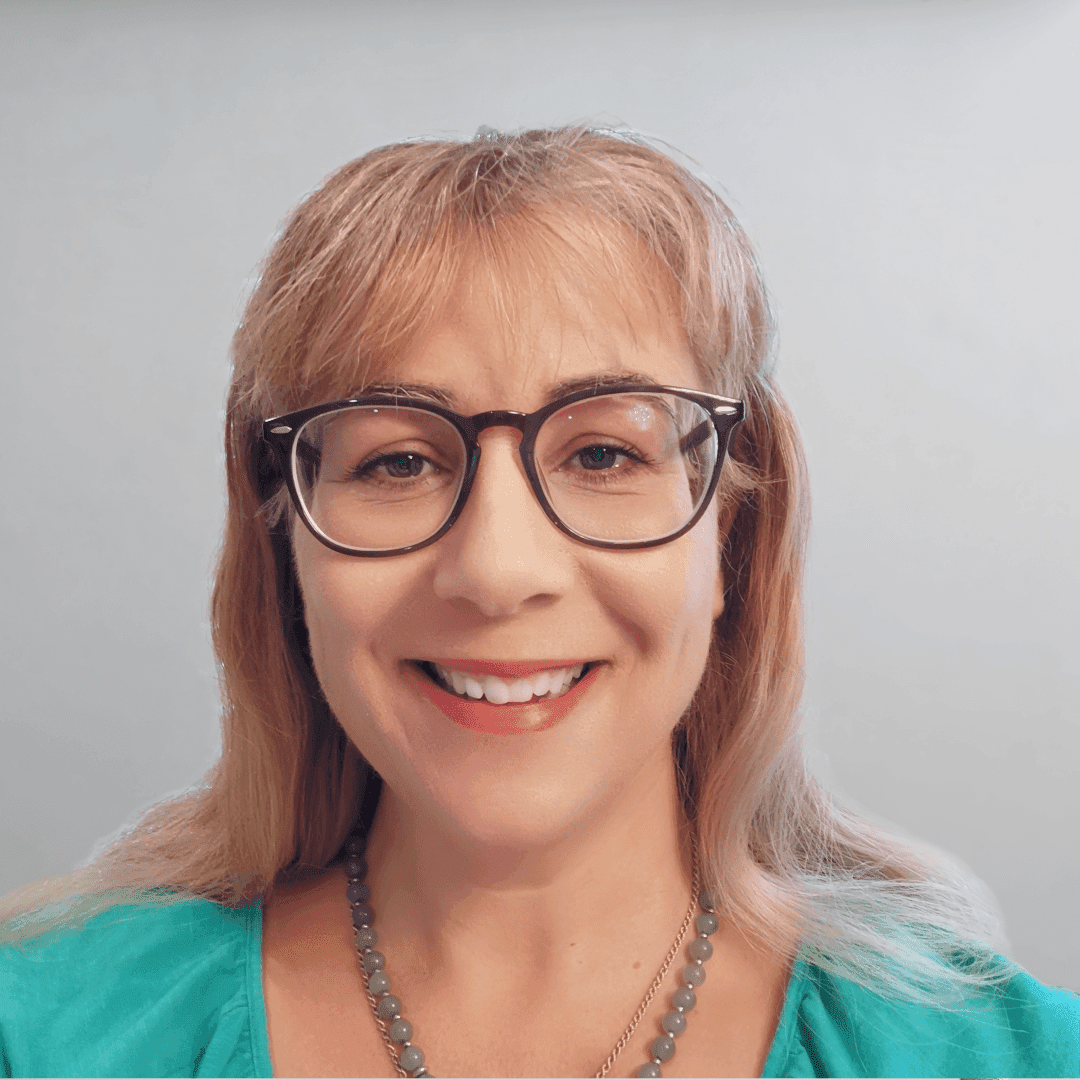From Corporate Life to Six-Figure Exit: How Daniel Galea Scaled and Sold Front Digital for $300K


Business Description
Table of Contents
Navigate through the case study sections
Executive Summary
Case Study Content
Turning a Corporate Grind Into a SaaS Success Story
Stuck at a desk, trading his time for a salary as an estimator and quantity surveyor in Melbourne, Daniel Galea couldn't stand it anymore. You know the type of job that pays the bills but just never feels like enough? Day after day, Daniel sensed he could do more. So, he started searching, playing with online business models at night after work, eager to build something of his own. And that's exactly what he did with Front Digital, a real estate SaaS platform focused on lead generation for agents and agencies.
Recognizing a Niche: Real Estate Lead Generation
Daniel looked at the property market in Australia and saw a problem: real estate professionals scrambling for quality leads, spending hours every week on prospecting. He knew if he could build an automated SaaS solution, one that sourced and qualified leads, then delivered them ready-to-go, it'd save agents a bunch of time. So he rolled up his sleeves and started building processes that could run without him.
Automating Everything to Scale From the Start
Front Digital wasn’t just another agency, Daniel set out to automate anything that looked even a bit repetitive. Advertising? Automated. Outreach? Handled by the system. Service delivery and fulfillment? Templates, scripts, integrations, anything to avoid manual work. He said if a process was used twice, it deserved a system so he could focus on growth, not busywork. This approach let him keep the team small (just himself) and profit margins high, about 75% on $10,000 USD monthly profits at the time of sale. You just don’t see many agency/SaaS businesses keeping costs that low.
More Than Money: Helping Clients Grow
To start, Daniel was chasing more income. But soon he realized the buzz that came from delivering real results was even better. As his SaaS began landing paying clients and agents gave feedback about deals closed, Daniel doubled down on serving users as well as possible. This fueled referrals and positive word of mouth, still the cheapest and best marketing channel for a bootstrapped business.
When It’s Time to Sell: Planning the Exit
After a few years of steady revenue, Daniel noticed growth was slowing. He’d pushed Front Digital as far as he could in Australia, and wasn’t sure he wanted to spearhead the next phase. Rather than hang on too long or suffer founder burnout, he began thinking about selling. His weapon of choice: Flippa, the business marketplace. He started by using Flippa’s free valuation tool, plugging in his website’s domain and linking revenue data. It spat out a number close to what he ended up getting: $300,000 USD.
The Flippa Sale and Buyer Network
Daniel was shocked by the buyer attention, over 60 separate discussions poured in not long after the listing was published. These weren’t tire-kickers; he spoke with executives at large US real estate firms and skilled operators worldwide. He ended up selling to a buyer from Canada who wanted to push Front Digital into the US market. The speed and seriousness of buyers on Flippa bypassed what he’d expected, giving him new professional connections he never would’ve accessed otherwise.
Moving On: Life After Acquisition
Post-sale, Daniel pocketed six figures, removed the constant operational load, and immediately started working on new ventures. With the payout, he gained time and money to try new SaaS or tech businesses, all while keeping ownership over his next moves. For many founders, that’s the dream: build, prove, scale, sell, and start again with experience under your belt.
Hard Data: What Worked for Front Digital
- Narrow niche focus (real estate agents, Australia at first, then global)
- Systemized repetitive tasks early, so growth didn’t mean more hours
- Built SaaS-style automation into a traditional agency model
- Kept operations lean enough to reach 75% margins and $10K+ USD profits
- Used online valuation and sale via Flippa to find international buyers willing to pay top dollar
Advice for Other Founders Eyeing an Exit
Daniel recommends using online platforms not just for selling but also for getting feedback on your business from real buyers. He urges founders to automate what you can, early, and to focus on real value for paying customers. A business is much easier to sell if it isn’t totally dependent on your skills or hours every week. Most importantly, don’t wait for perfection, if you’ve gone as far as you want, test the market for a buyer who wants to take it to the next level.
Wrapping Up
Daniel’s Front Digital journey isn’t especially unusual, except for how systematically he automated everything and how quickly he got to profit and exit. With Flippa opening the door to international buyers fast, and a service proven to work for real estate professionals, he was able to cash out without stress. For anyone building in SaaS, automation and scalable processes will almost always make selling and scaling easier. That’s what he did, from nothing to a clean six-figure payday.
Business Plan
Market Problem
Real estate professionals often struggle with lead generation, spending excessive time on prospecting instead of closing deals. This…
See the full market problemSolution
Front Digital offers a streamlined SaaS platform specifically designed for real estate lead generation. By automating repetitive tasks such…
See the full solutionTarget Market
Real Estate Agents
Professionals seeking efficient lead generation solutions to maximize their time and close more deals.
Real Estate Agencies
Firms looking to improve their overall lead management and conversion rates through automated processes.
Competitors
Zillow Premier Agent
Focuses on connecting agents with leads through property listings and advertising.
Realtor.com
Offers lead generation tools combined with property listings but lacks automation in outreach.
Competitive Advantage
Front Digital stands out due to its high degree of automation, allowing agents to focus on closing deals rather than managing leads. While…
See the full competitive advantageSales and Marketing
To drive growth, Front Digital will primarily utilize digital marketing channels, including targeted online ads on platforms like Facebook…
See the full Sales and marketing planSuccess Milestones
Launch MVP
Publish a minimal but usable product and onboard 50 beta users.
Initial Marketing Push
Implement digital marketing strategies to achieve 200 sign-ups in the first month.
Key Takeaways
- 1Daniel Galea transformed career dissatisfaction into entrepreneurial fuel, building Front Digital as a solo founder while working full time, showcasing the power of channeling frustration into focused effort.
- 2Front Digital became profitable by automating every repeated process, driving 75% profit margins and reducing costs, demonstrating that early systemization leads to easier growth and scalability.
- 3Rather than expanding endlessly, Daniel chose a sharp exit after recognizing he'd tapped out domestic growth, using real business data to calculate the sale price and attract high-quality buyers.
- 4Using Flippa's valuation and sales network, Daniel connected with 61 buyers worldwide, ultimately selling his SaaS business for $300,000 USD to a motivated international buyer set to scale in new markets.
- 5Automating lead generation and service fulfillment for real estate pros allowed Daniel to keep headcount low and operational stress at a minimum, proving that high-leverage SaaS doesn't require huge teams.
- 6Post-exit, Daniel leveraged his capital and experience to explore multiple ventures, emphasizing the value of building a business that's easy to transfer to new ownership and that opens doors for future projects.
Key Facts
Tools & Technologies Used
Premium Content Locked
Subscribe to access the tools and technologies used in this case study.
Unlock NowHow to Replicate This Success
Premium Content Locked
Subscribe to access the step-by-step replication guide for this case study.
Unlock NowInterested in Being Featured?
Share your success story with our community of entrepreneurs.
Explore More Case Studies
Discover other inspiring business success stories

How Contentpace’s Founders Hit Six Figures by Listening to Users
Three Bangladeshi founders built Contentpace, an SEO content analysis SaaS, by digging into hundreds of user requests, r...
Contentpace

How Twinky Hustle Used TikTok to Earn $2K Weekly with Free Traffic
Twinky Hustle launched a brand new TikTok account, posted daily 60-second videos, drove prospects to a $7 opt-in challen...
Twinky Hustle

How Anne Moss Grew 25 Blogs to $130K/Month
Anne Moss left a military career in 1998 to build niche blogs in gardening and home décor. Over 25 active sites, she now...
Yeys
